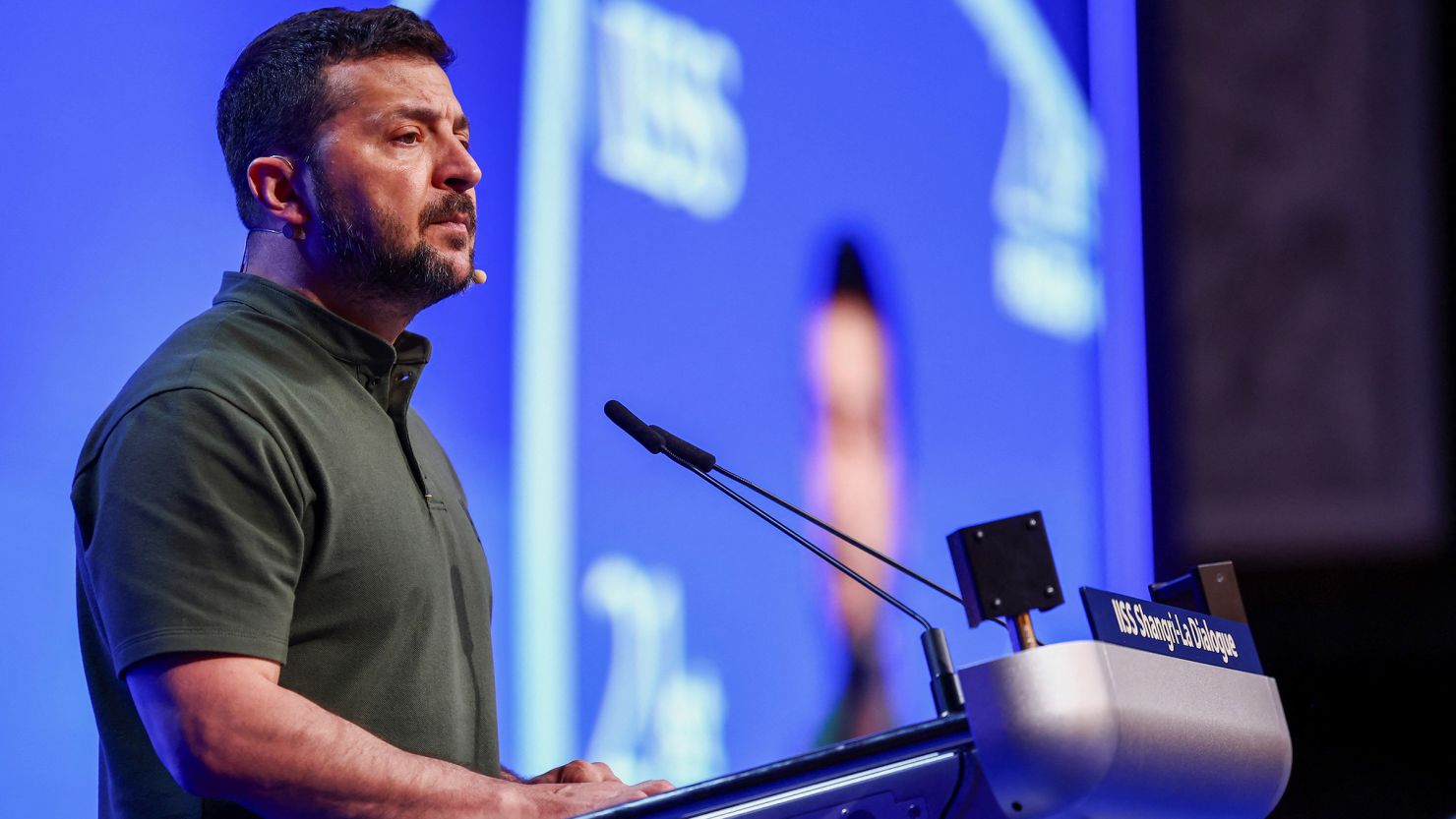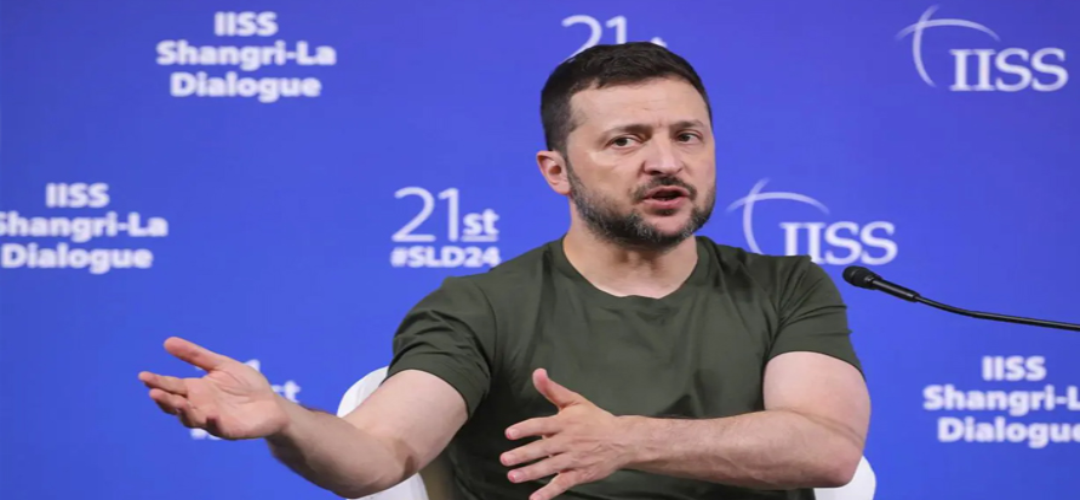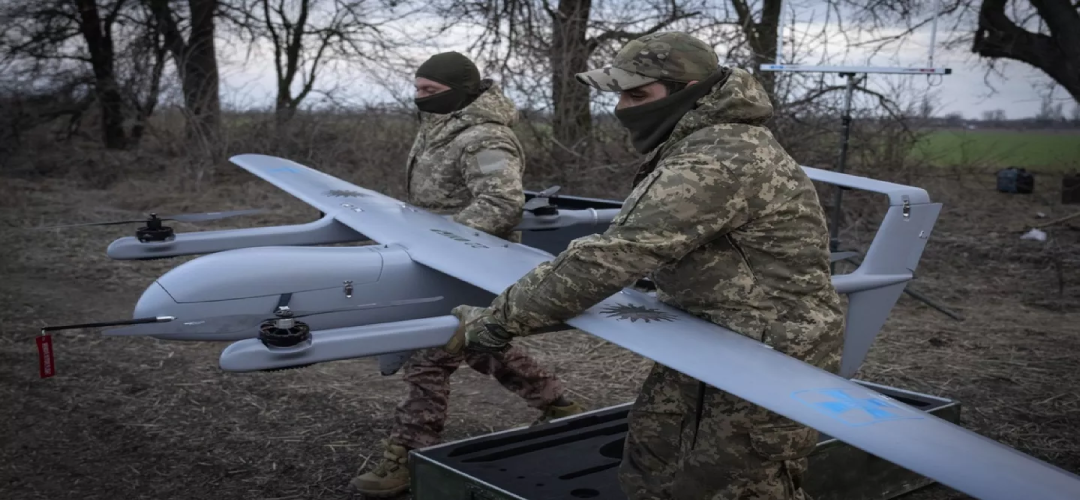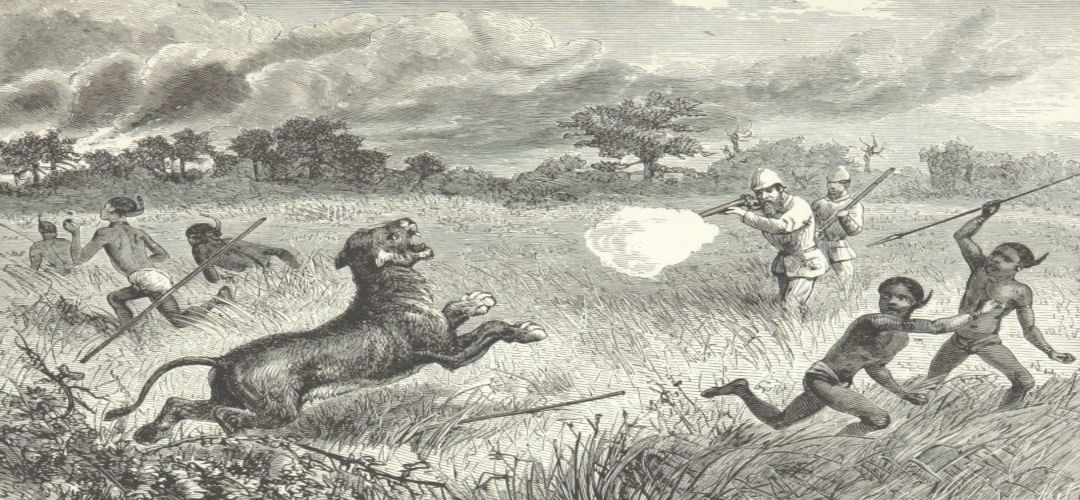President Zelensky’s Accusations have spotlighted China’s role in the ongoing Ukraine war.
Since Russia invaded Ukraine in February 2022, the international community has closely watched the geopolitical ramifications and the roles of various global powers. One nation that has garnered significant attention is China. Ukrainian President Volodymyr Zelensky has accused Beijing of prolonging the conflict, a charge that has sparked considerable debate and analysis.
Background
President Volodymyr Zelensky’s accusations against China stem from Beijing’s actions, which, in his view, have indirectly supported Russia’s war efforts. Zelensky argues that China’s economic and diplomatic manoeuvres have provided Russia with critical support, undermining international efforts to pressure Moscow into ending the conflict.
Despite international sanctions aimed at crippling the Russian economy, China has maintained robust trade relations with Russia. This includes purchasing Russian oil and gas, which provides significant revenue to the Kremlin. By continuing these economic ties, China helps Russia sustain its war efforts financially. Reports suggest that China has provided technological and logistical support to Russia, including components that can be used for military purposes. While not overtly military, this support has strategic implications for Russia’s war capabilities.
On the diplomatic front, China, as a permanent United Nations Security Council member, can veto resolutions. Beijing has often sided with Russia or abstained from voting on resolutions condemning the invasion, thereby preventing a unified international stance against Russian aggression. Additionally, China has leveraged its influence in the Global South to garner support or neutrality regarding the conflict. This has diluted the effectiveness of international sanctions and diplomatic isolation efforts against Russia.
A careful balancing act has characterized China’s position on the conflict in Ukraine. While officially maintaining neutrality and advocating for de-escalation and dialogue, China has refrained from condemning Russia’s actions or actively supporting Ukraine. This pseudo-neutrality has drawn criticism from some quarters, with observers questioning the depth of China’s commitment to resolving the crisis.
Chinese state media and diplomatic channels have often echoed Russian narratives about the war, framing it as a defensive action against NATO expansion rather than an outright invasion. This alignment in messaging helps bolster Russia’s justification for the war and challenges the international narrative condemning Russian aggression.

Analysis
China’s actions can be viewed as maintaining a geopolitical balance that favours its long-term strategic goals. By supporting Russia, China counters what it perceives as Western hegemony, particularly the influence of the United States and NATO. A weakened Russia could lead to an imbalance that might embolden Western actions in regions where China has significant interests, such as the South China Sea and Taiwan.
China’s economic relationship with Russia is mutually beneficial. Russia provides China with energy resources at favourable prices, ensuring China’s energy security. Additionally, maintaining economic ties with Russia allows China to circumvent Western economic pressures and sanctions, thus preserving its own economic stability. Despite the challenges posed by Western sanctions, trade between Russia and China has increased significantly. During the first four months of 2022, trade between the two nations grew by 25.9%, with Russian exports to China increasing by 37.8% to $30.85 billion.
Beijing is also concerned about domestic stability. A strong stance against Russia could backfire internally, where nationalist sentiments and a desire for strong leadership resonate with the population. By aligning with Russia, China can project an image of defiance against Western dominance, which bolsters the Chinese Communist Party’s narrative of national strength and unity.
While acknowledging China’s policy of staying overtly neutral, Zelensky has also hinted at Beijing’s potential influence in pressuring Putin to end the war. This stance reflects the complex dynamics at play in the global arena, where major powers like China are scrutinized for their actions or inactions during crises of international significance. Zelensky’s remarks suggest a delicate balance between recognizing China’s official stance of neutrality and subtly implying that Beijing could wield its economic leverage to influence Russia’s behaviour.
By acknowledging China’s economic leverage and hinting at its ability to pressure Russia, Zelensky subtly points towards Beijing’s capacity to play a more active role in ending the conflict. This diplomatic manoeuvre underscores Ukraine’s strategic approach to engaging key international players in the resolution process. Zelensky’s remarks, while diplomatic, carry significant implications for the ongoing conflict. By indirectly holding Beijing accountable for prolonging the war, Ukraine signals its expectations for greater international involvement in resolving the crisis. This move also underscores the interconnected nature of global politics, where the actions of major powers like China can have far-reaching consequences on regional conflicts.
The implications of China’s stance on the Ukraine war are far-reaching, affecting international relations, economic dynamics, and security frameworks. China’s support for Russia challenges the unity of the international community in addressing the Ukraine conflict. This division weakens the effectiveness of global institutions like the United Nations and complicates diplomatic efforts to resolve the crisis. It also signals a potential realignment of global power structures, with China and Russia presenting a united front against Western-led coalitions.
China’s continued economic engagement with Russia undermines the impact of Western sanctions. This has led to discussions among Western allies about strengthening and expanding sanctions to include entities that support Russia indirectly, including those in China. However, such measures risk escalating economic tensions and triggering retaliatory actions that could affect global markets.
China’s position on the Ukraine war also raises questions about the effectiveness of international security alliances and their ability to enforce norms and prevent aggression. Additionally, it may encourage other nations with territorial ambitions to challenge the status quo, believing they can count on support from powerful allies like China.
Assessment
- President Zelensky’s accusations against China highlight the complex and multifaceted nature of international relations in the context of the Ukraine war. China’s actions, driven by strategic, economic, and domestic considerations, have undermined international efforts to end the conflict. This has significant implications for the global order, challenging the unity and effectiveness of international institutions and potentially reshaping the geopolitical landscape.
- As the war continues, the role of major powers like China will remain a critical factor in determining its outcome and the future of global stability.
- While the direct impact is limited, the war has significant indirect effects on China’s economy, particularly in terms of energy prices, trade, and international relations. Therefore, it is in no one’ interest, least of all that of China, to further fuel the extension of this meaningless war.




